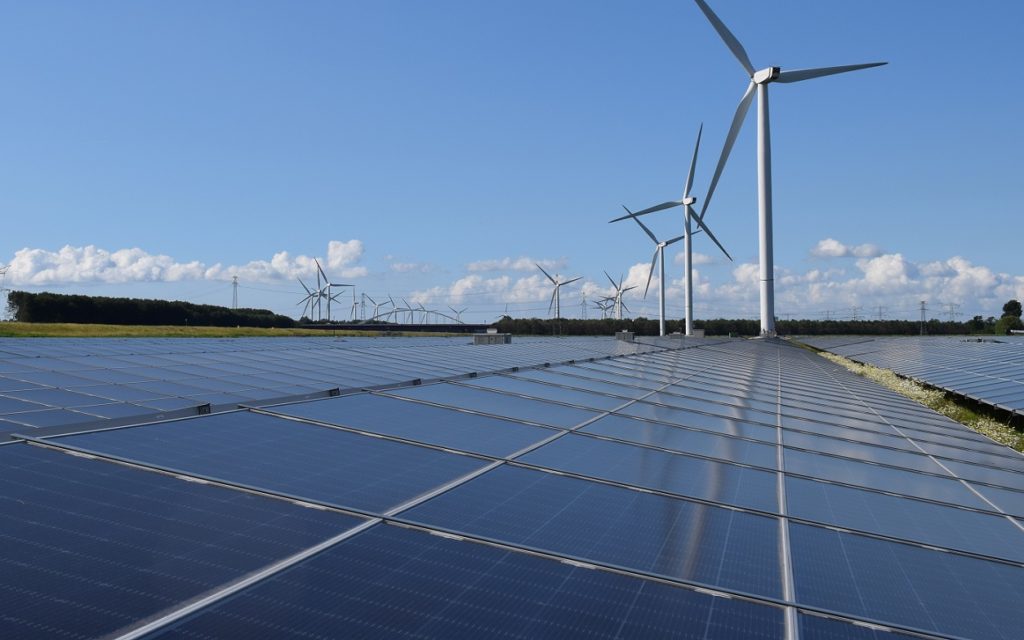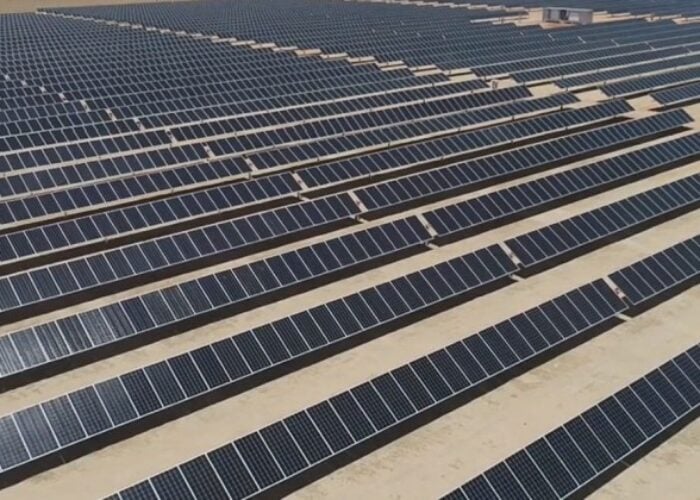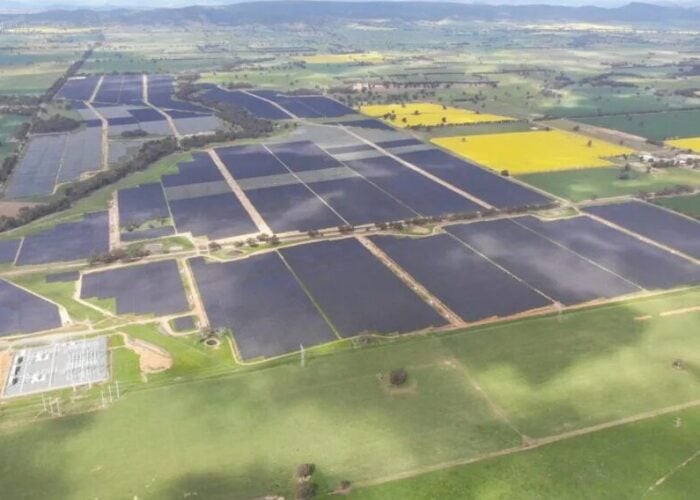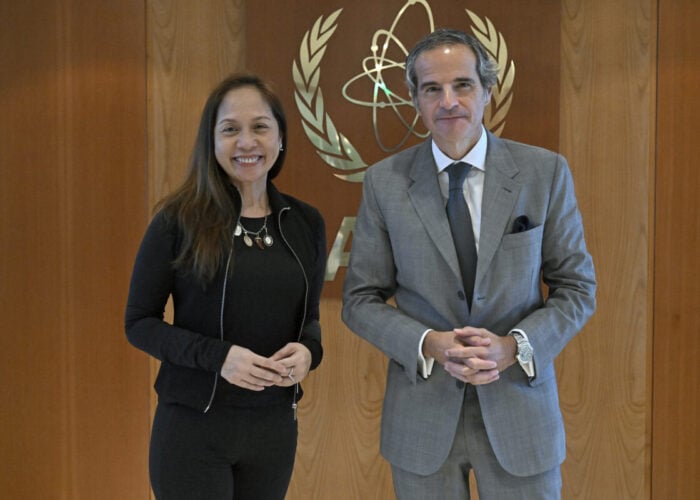
A patchwork implementation of the EU’s power revenue cap could stall renewables development and dent investment, according to LevelTen Energy, a provider of renewables transaction infrastructure.
EU ministers agreed last week to cap market revenues at €180/MWh (US$177/MWh) for ‘inframarginal’ electricity generators, such as solar, that the European Council said “have made unexpectedly large financial gains” in recent months.
Try Premium for just $1
- Full premium access for the first month at only $1
- Converts to an annual rate after 30 days unless cancelled
- Cancel anytime during the trial period
Premium Benefits
- Expert industry analysis and interviews
- Digital access to PV Tech Power journal
- Exclusive event discounts
Or get the full Premium subscription right away
Or continue reading this article for free
Member states have included the possibility for individual countries to set a higher revenue cap, use measures that further limit market revenues and differentiate between technologies.
If each country were to enact different caps and rules, projects could be stalled while developers and investors “will experience a large amount of uncertainty”, LevelTen said in an explainer.
“Different price setting mechanisms across the continent will have an unintended ripple effect on neighbouring markets,” said Kristian Lande, senior director of European analytics at LevelTen Energy.
“Without consensus among 27 countries on the timing and price level, there will be greater uncertainty, which will likely lead to less investment across the board.”
LevelTen also suggested that if non-EU countries, such as the UK and Norway, don’t implement similar caps, renewable generators could be incentivised to sell to those countries.
Set to apply across the EU from 1 December 2022 to 30 June 2023, the revenue cap is projected to collect up to €117 billion (US$116 billion), with the surplus revenues to be channelled to final electricity consumers exposed to high prices.
Consultancy Rystad Energy has warned that the policy could lead to delays in renewables projects and the renegotiation of long-term contracts for plants still under development.
“The renewable industry is Europe’s best shot at producing affordable and secure power, but this policy reduces the private sector power providers’ ability to invest,” said Victor Signes, a renewables analyst at Rystad Energy.
Research from Rystad has suggested that about 60% of total installed renewables capacity in the EU derives its revenues from fixed-rate contracts agreed well before the energy crisis, with only around 40% benefiting from current high prices.
In terms of how the measures will affect power purchase agreement (PPA) supply for corporate offtakers, LevelTen said projects that are nearing commercial operation date will be most impacted, as developers assess the impact the cap will have on project financials, particularly if a portion of the capacity was reserved for the spot market.
According to a LevelTen survey of 19 renewables developers, 42% said the price cap of €180/MWh would not change their PPA offer activity, with the same percentage saying they will continue to submit some offers.
Even with the €180/MWh cap, however, LevelTen said the spot market remains an attractive option for developers that want to capture the full revenue potential of today’s market conditions.






